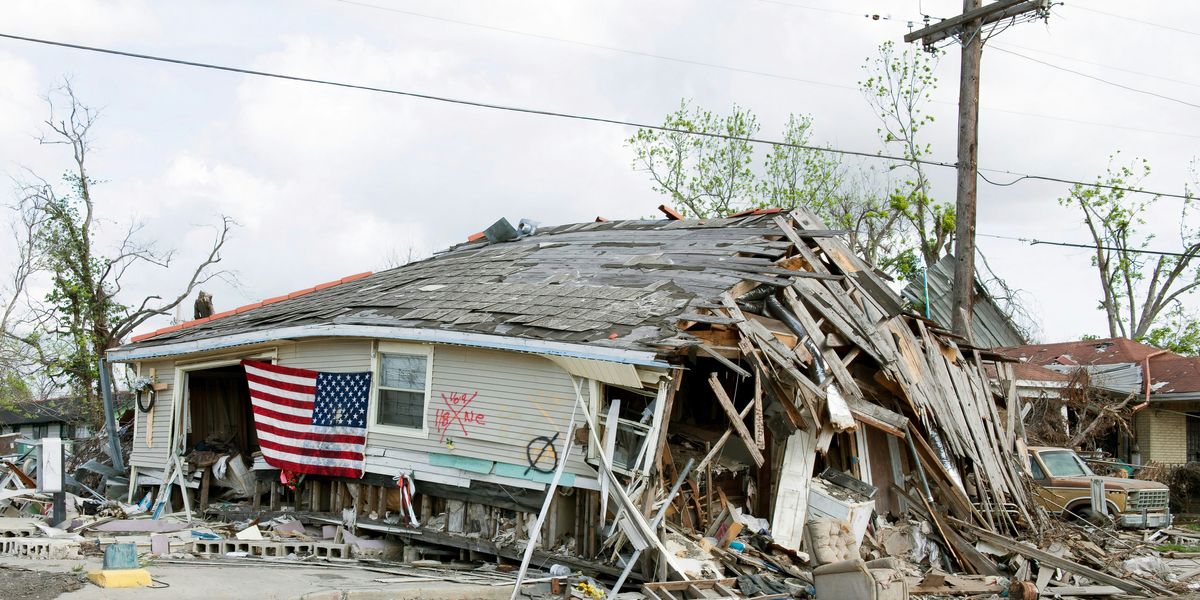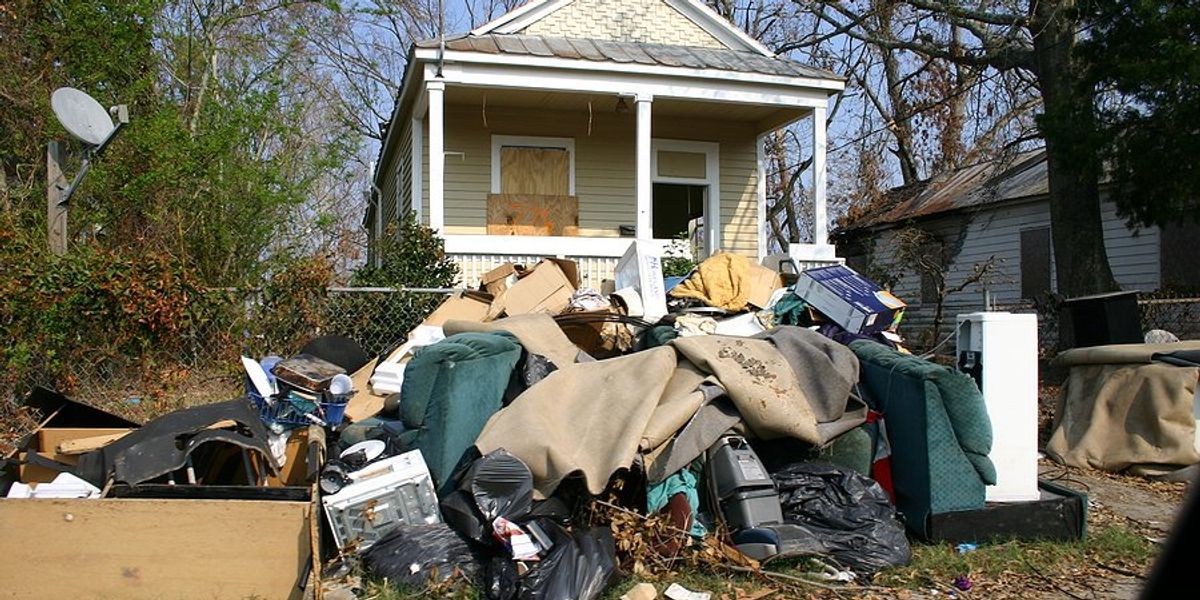
Toxic algae are quietly killing wildlife and rewriting the rules of water
A surge in toxic algal blooms driven by climate change and fertilizer runoff is devastating wildlife and reshaping ecosystems worldwide.
Patrick Greenfield reports for The Guardian.
In short:
- Scientists now suspect that a 2020 mass elephant die-off in Botswana was caused by toxins from an algal bloom, made worse by heat and shifting rainfall patterns.
- As Earth warms, harmful algae outbreaks are spreading into freshwater and oceans alike, depleting oxygen, altering habitats, and pushing out fish in favor of jellyfish.
- Fertilizer use and global warming are overloading ecosystems with nitrogen and phosphorus, breaching planetary boundaries and challenging how we grow food.
Key quote:
“We have a contradiction here: is our first objective to keep the planet’s freshwater systems, coastal zones, ecosystems and climate stable – or is it to feed humanity?”
— Johan Rockström, director of the Potsdam Institute for Climate Impact Research
Why this matters:
It's been known for decades that runoff from fertilizer-heavy farms chokes rivers and lakes, but supercharged warming is taking the crisis global. These blooms can poison drinking water, close beaches, kill wildlife and sicken humans, and drive up food prices by crippling aquaculture and fishing economies. Behind the blooms are two drivers: the world's appetite for cheap, fast fertilizer, and its inability to rein in global warming.
Read more: Algal blooms target sea otter hearts













